It’s 6am on a sunny Monday morning and Dean Dunbar is powering across Perthshire’s Clunie Loch on his prone board.
His wife, Rhona, and his guide dog, Molly, sit on the shore keeping watch.
Blairgowrie-based Dean, 55, is blind, but he knows this body of water well. There’s little chance of him crashing into the loch’s small island, or paddling off course.
“I probably hit things once or twice a year,” he laughs. “During a race, once, I reversed my board into a concrete wall, taking a chunk out of it.”
Dean hopes he won’t be crashing into anything when he heads to Copenhagen to represent Scotland in the prone boarding section of the International Surfing Association (ISA) World Championships later this month.
He’s the first registered blind paddler to qualify for the event, having won the prone division of the Scottish National Paddleboard Championships in June.
Record breaker
Dean, who has set more than 25 world-firsts in everything from open-water swimming to stand-up paddleboarding (SUP), took up the lesser-known sport of prone boarding in 2019 after developing a foot injury.
It was so bad that it forced him to stop paddling during a 220km non-stop SUP challenge.
But what, you may well ask, is prone boarding?
Basically, you lie prone on a board instead of standing up, using your arms as paddles to do the front crawl, or you kneel and perform the butterfly stroke.
There’s no pressure on the feet – so it’s the perfect sport for Dean. However, it’s not easy; it’s much more taxing than SUP.
“When paddlers see me prone boarding, they’ll sometimes shout: ‘Look, he’s cheating, he’s lying down’, but when they try it, they realise how hard it is,” says Dean.
“The board is incredibly tippy; it wants to roll over at the slightest bump in the water.”
Extreme dreams
The fact Dean has a rare degenerative vision condition called rod and cone dystrophy – which means his rod and cone cells are dying off in large quantities – makes his nerve-shredding challenges even more impressive.
He began losing his sight aged nine when he struggled to read what his teacher was writing on the blackboard.
His vision continued to deteriorate and he was registered blind aged 27.
A few years later, however, he started taking up extreme sports ranging from skydiving to mountain biking, kayaking, wing walking and bungee jumping – and was the first person to abseil down the UK’s highest waterfall, 658ft Eas a Chual Aluinn in Assynt.
He’s completed swimming challenges galore, too, including swimming the Corryvreckan Gulf in the Inner Hebrides, home to the world’s third largest whirlpool.
And he was the first to paddleboard to St Kilda from North Uist, a gruelling and dangerous 70km crossing.
Blind and dangerous
How is this possible for a blind person?
“I have lots of blind spots across my eyes and my brain fills in the gaps to what it thinks should be there,” Dean explains.
“I’ll look down the road and think it’s clear but there could be an arctic lorry in one of these blind spots so I need to use my ears more than my eyes.
“There are so many things I ‘see’ that aren’t there. Just the other day I heard a bush move and within the space of about a second and a half, my brain showed me a bird, then a cat, and then a dog.
“I’ve been in the car with Rhona and thought I’ve seen flowers, with colourful petals and stems, but then she’ll tell me it’s just roadworks!”
When it comes to paddling, Dean is great at memorising what’s around him, but if he heads to a new spot, Rhona, a GP, will help guide him on her SUP.
“I try to work out the landscape around me,” Dean explains.
“I see three layers in front – the grey sky, the darkness of the land, and the light colour of the water.
“Normally at the end of a loch you’ll have the hills at either side, and a sort of ‘V’ where the two hills meet. I have the V as my sweet spot. I’ll aim for that until I hit land.”
‘There could be utter carnage!’
While most events Dean’s competed in have allowed for electronic and mechanical assistance (he’s normally guided by Rhona on the water using a ‘Milo’ communications device), the organisers of the world championships, ISA, aren’t giving him any concessions.
“This is the first time a blind person has qualified, as far as I know,” says Dean.
“Without guidance I’ve no idea where I’m going. So there could be utter carnage!”
But he’s determined to compete, having had the Scottish Surfing Federation fighting his corner to let him take part in the event.
“When I was initially told I couldn’t compete, I was angry and upset,” Dean reveals.
“I thought, ‘I’m 55, I’m blind, and what are the chances of me getting to do this again’. It took weeks of fighting to get the go ahead.”
There were two races open to Dean but he’s ruled out the long-distance option, joking that he could “end up in the middle of the Baltic Sea” with the Thunderbirds looking for him.
Instead, he’s doing the technical race, which will involve trying to keep sight of paddlers ahead of him, and working out whether others are coming towards him, or away from him – and at what speed.
Calculations
“I’ll have to do a lot of calculations. I won’t see the marker buoys so I’ll need to count my strokes based on water conditions – whether it’s a flat, calm day, or a lumpy one – and hope I’m going in a straight line.
“It’s a massive challenge and I’m going to be representing Scotland which is really important to me, so I’ll give it a bash.”
Even if all goes well and Dean is speedier than his fellow competitors, he doubts he could win the race unassisted.
“It’ll be impossible to win any of my races, as I’ll always need another paddler ahead of me to gauge where I’m going,” he adds.
Still, Dean remains excited about the challenge and he’s forking out thousands of pounds to make it happen.
Prone boarding – a huge buzz
So why prone boarding? “It’s a sensory thing for me,” he reflects.
“When you’re lying down so close to the water, you’re really just a few inches above it, so you’re getting splashed by the water. It’s so exhilarating. It’s a huge buzz.”
There’s a small community of prone boarders in Scotland – Dean reckons there are six – and they’re members of the Highland Prone Paddlers.
If you fancy getting into the sport, he suggests going along to one of the group’s meetings.
As he looks ahead to the event, running from September 16 to 22, Dean hopes he’ll be able to muster up more sponsorship.
“Six of us qualified at the Scottish National Championships in Portobello and we’re the first ever Scottish team heading to the world championships,” he says.
“I’m the only prone boarder – the rest are on SUPs. So it’s a pretty big deal!”
- You can sponsor Dean and the Scottish team here.
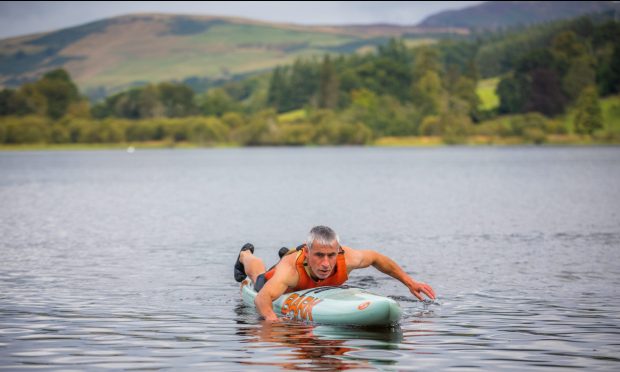
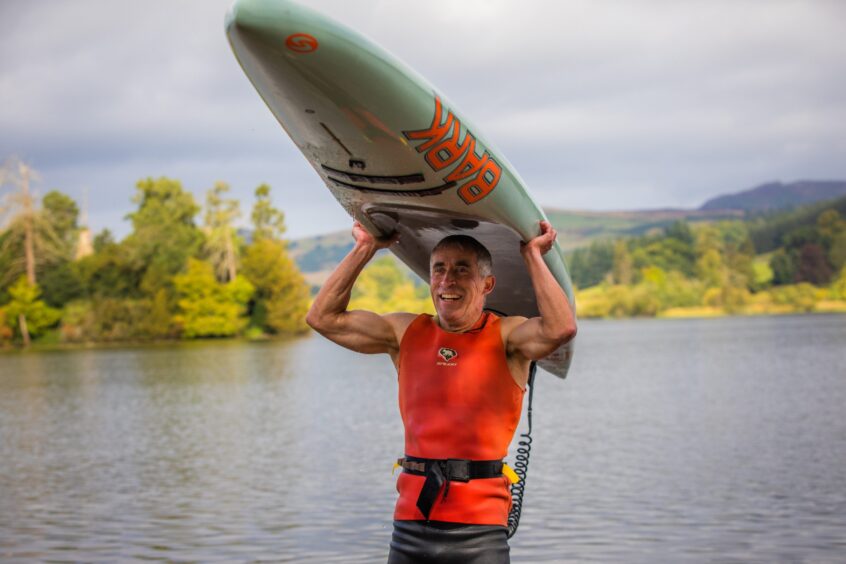
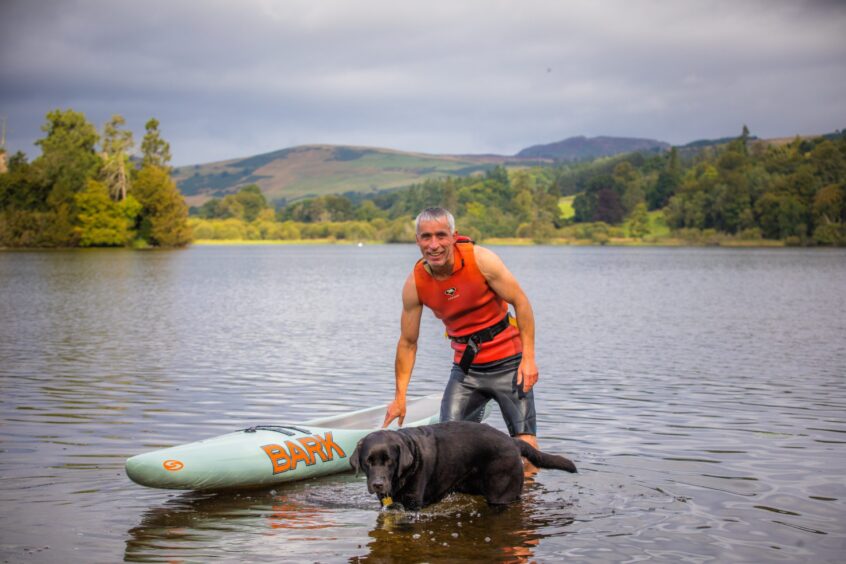
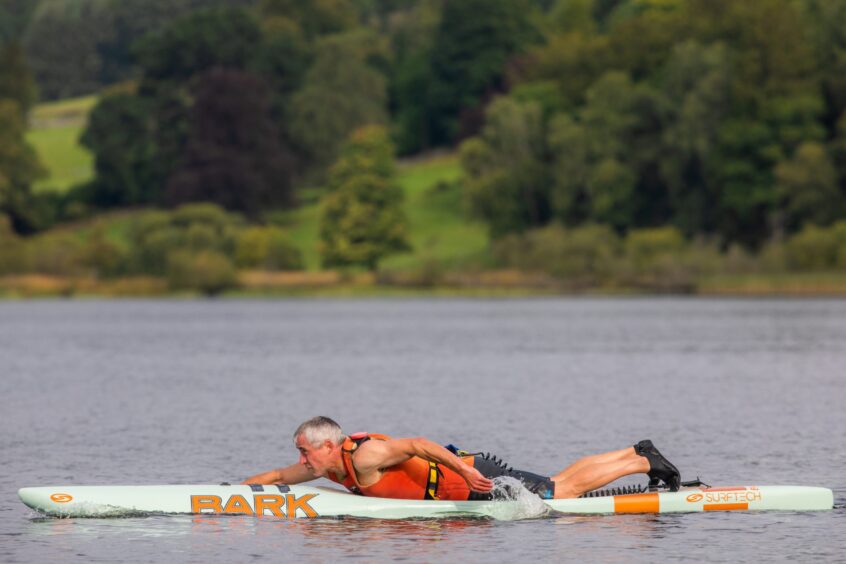
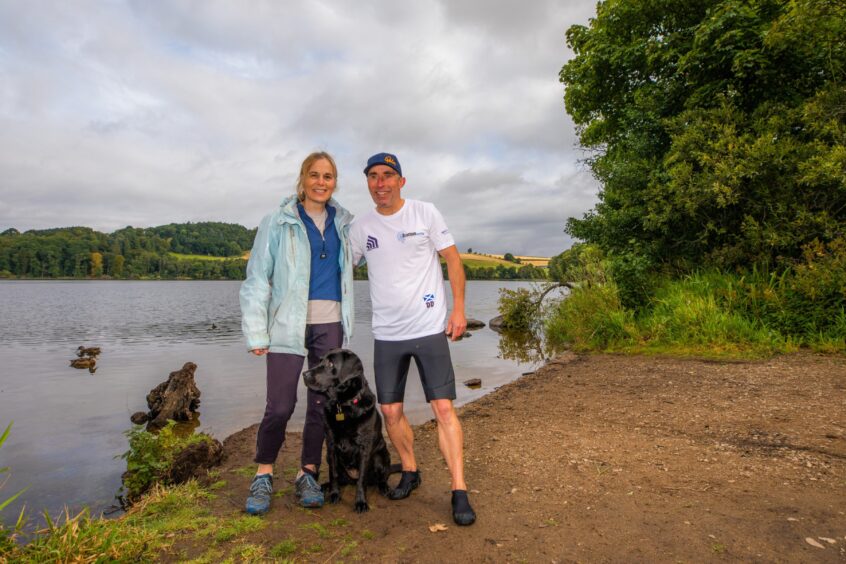
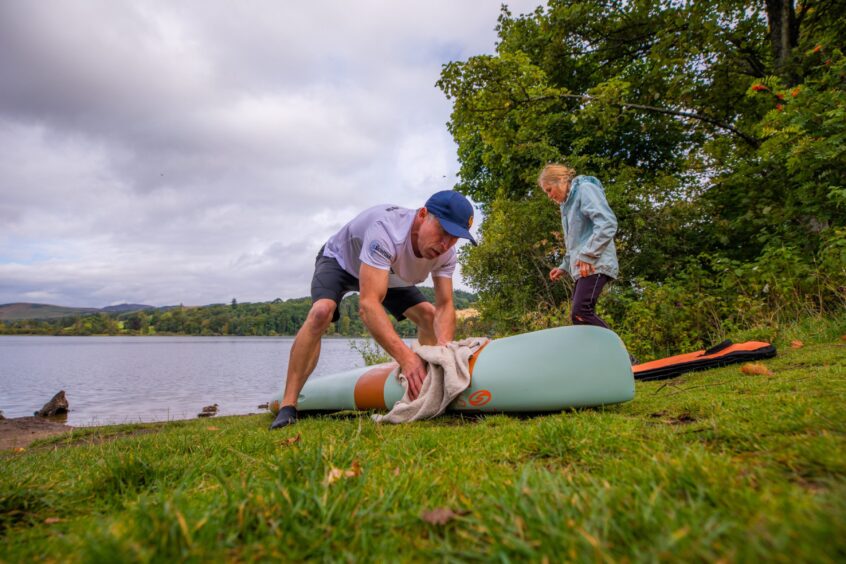
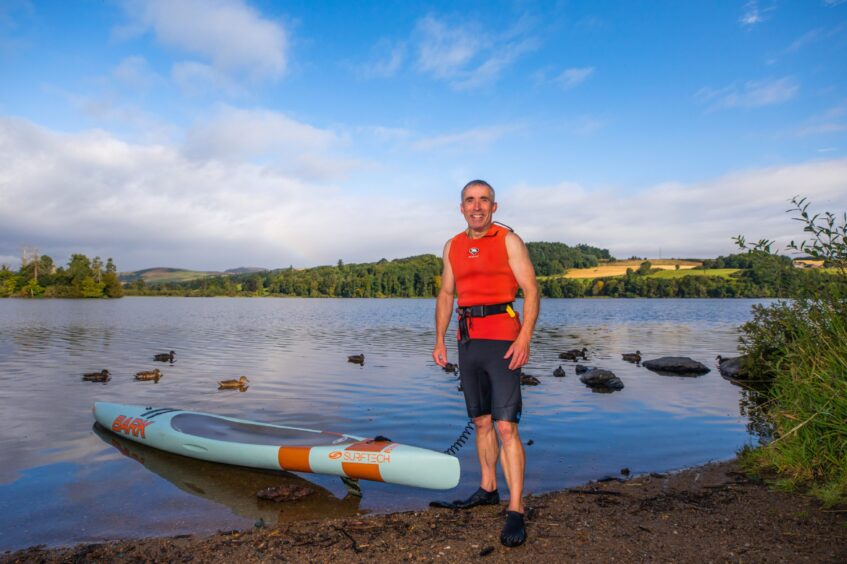
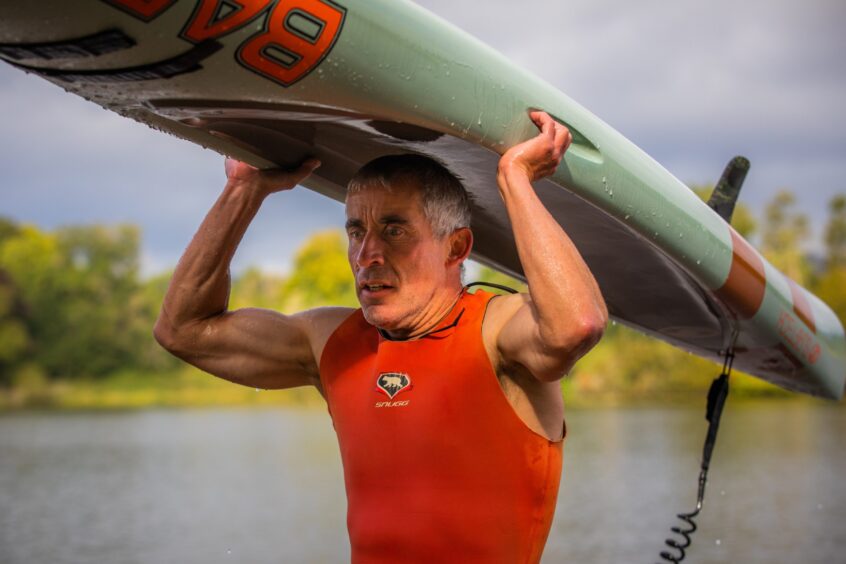
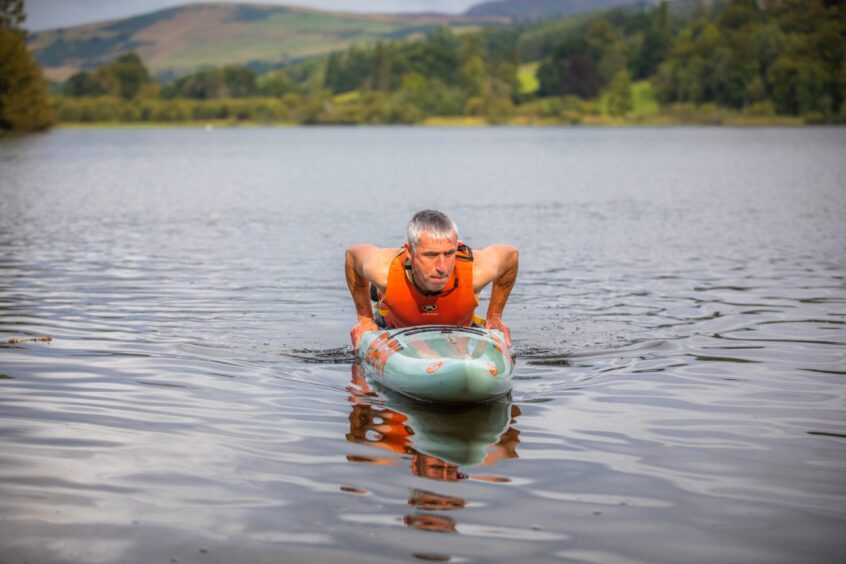
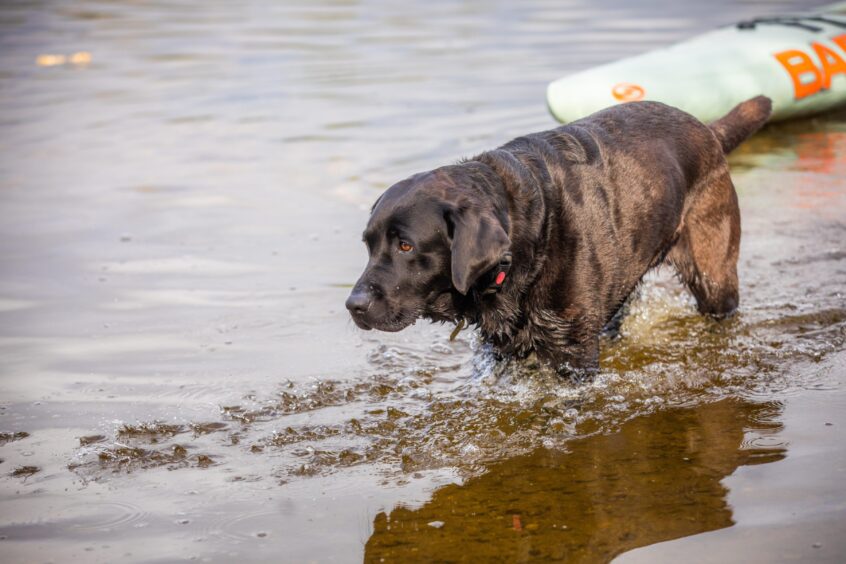
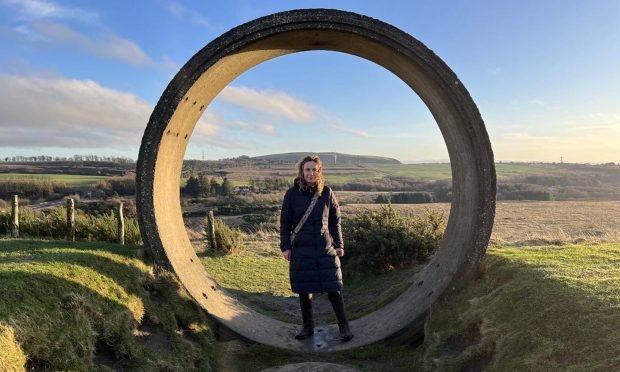
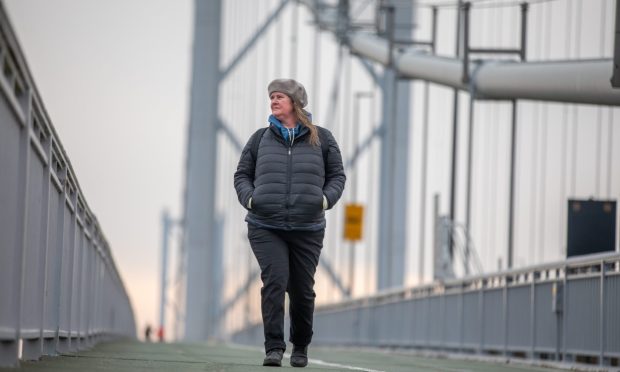
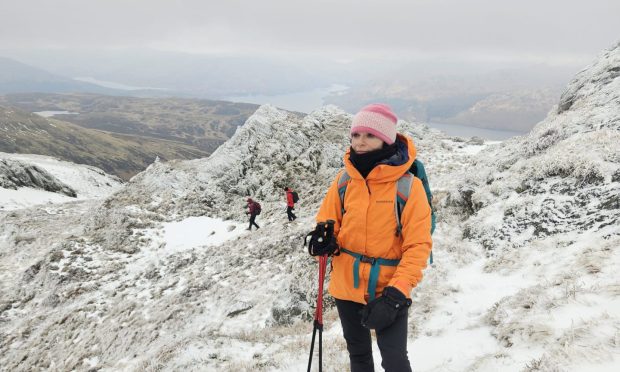
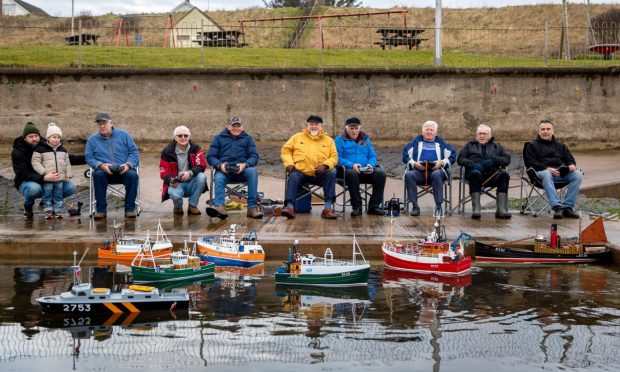

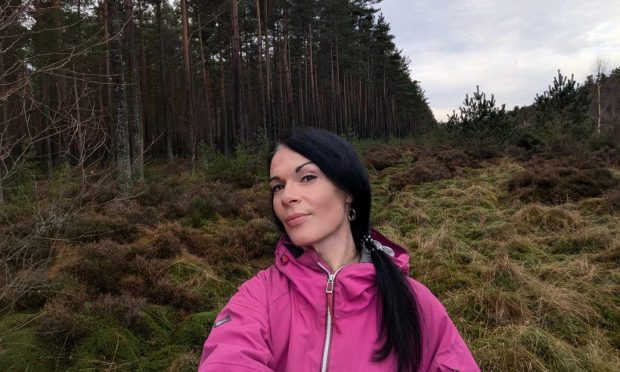
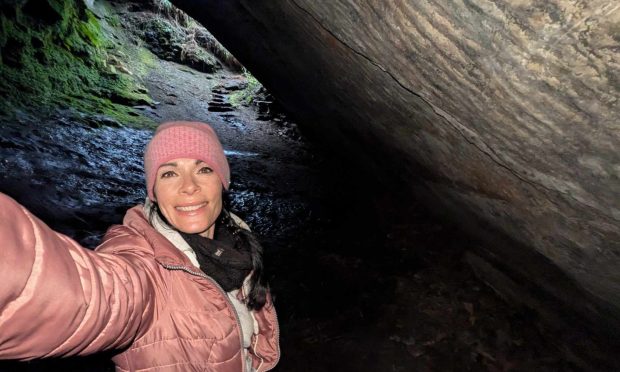
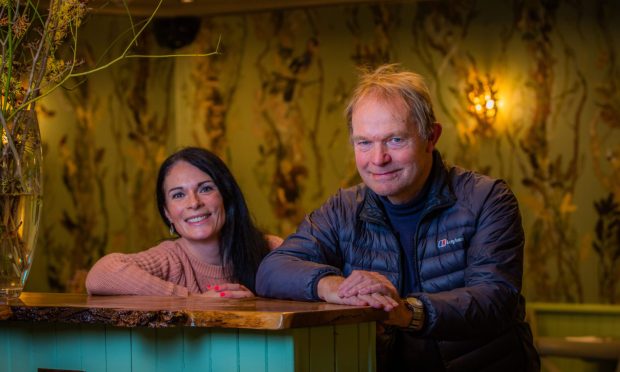
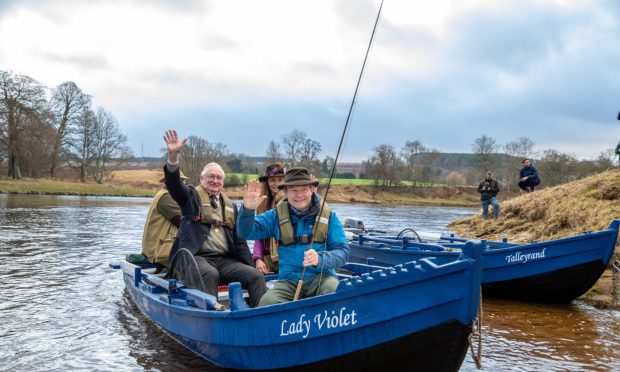
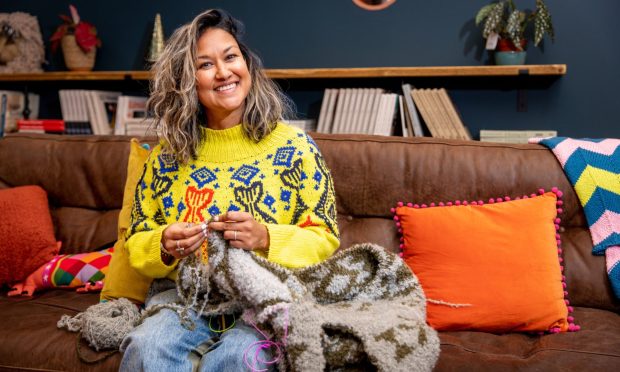
Conversation